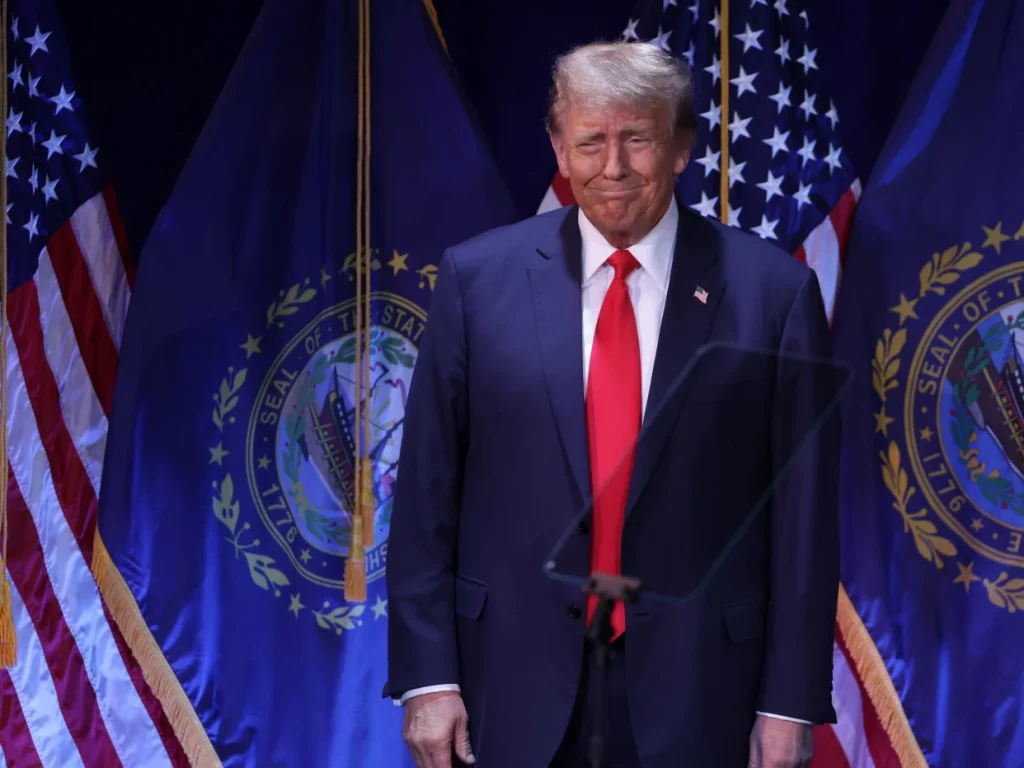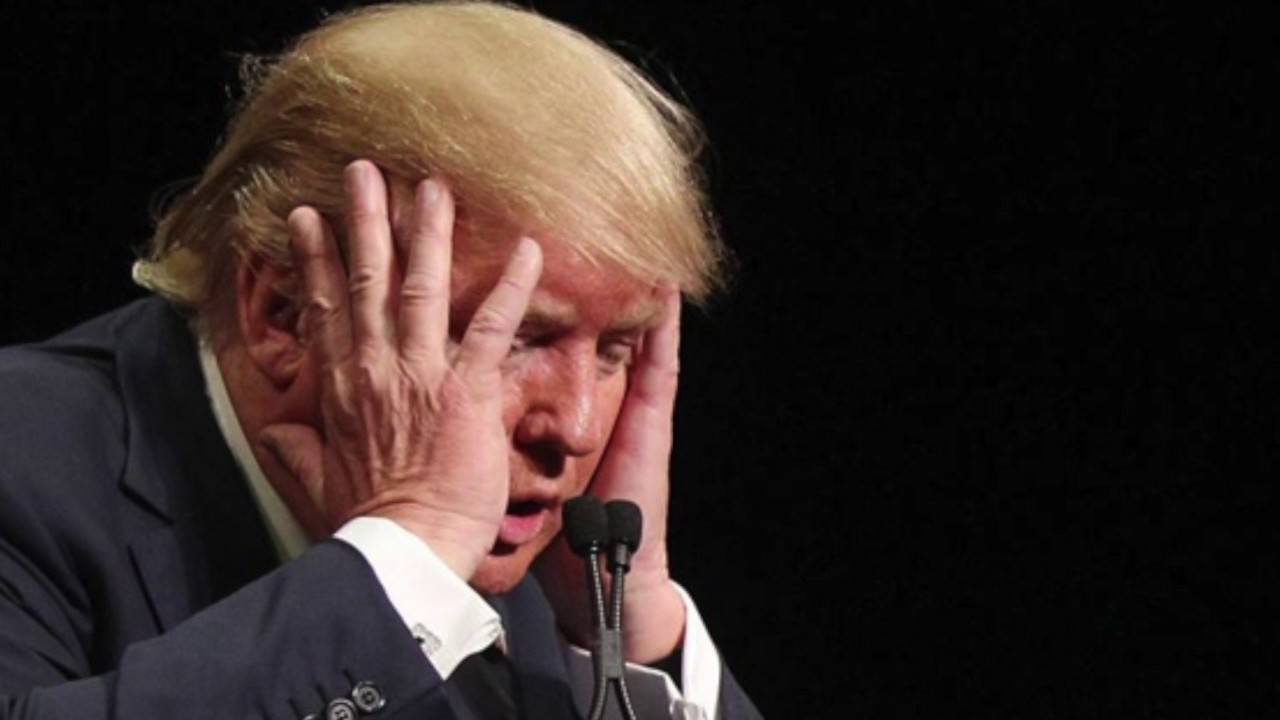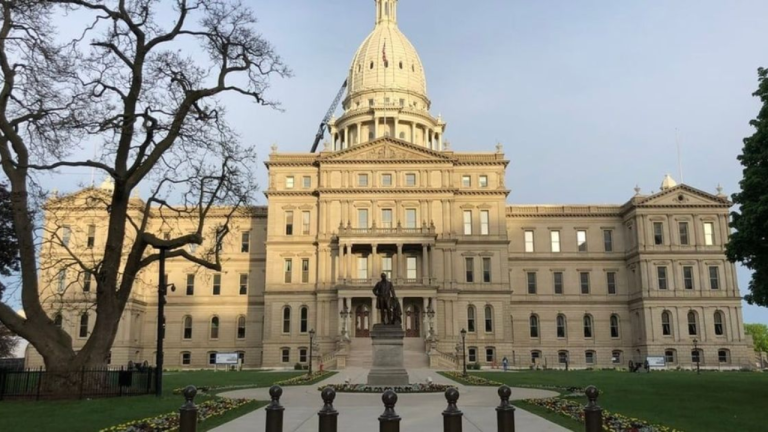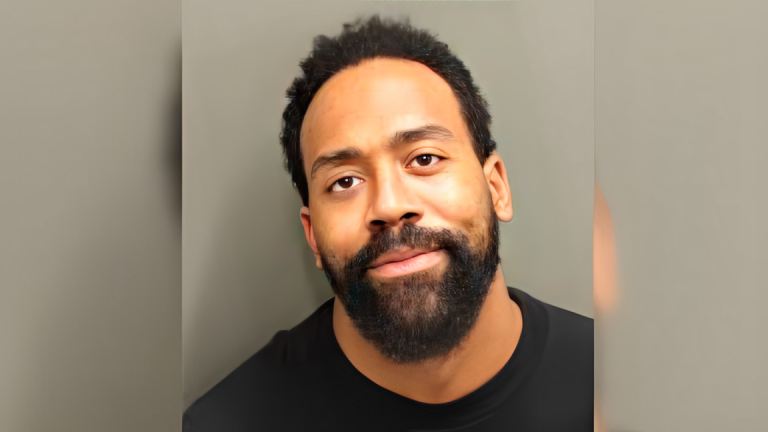A verdict in the $370 million civil fraud case brought by New York Attorney General Letitia James against former U.S. President Donald Trump will not be delivered until early to mid-February, according to a spokesperson for the court. Justice Arthur Engoron, who presided over the three-month trial in 2023, had initially indicated a ruling by the end of January, but no guarantees were provided. The delayed decision looms over Trump’s business empire as he pursues the Republican nomination for the Nov. 5 U.S. election.
The lawsuit alleges that Trump and his family businesses overstated his net worth by up to $3.6 billion annually over a decade to secure favorable loan terms. Trump, vehemently denying any wrongdoing, has dismissed the case as a political vendetta orchestrated by James, an elected Democrat.
Aside from monetary penalties, James seeks to permanently ban Trump from New York’s real estate industry and significantly curtail his business activities in the state. A prior ruling by Justice Engoron in September found Trump guilty of fraud, leading to an order for the partial dissolution of his business empire. Trump is currently appealing the decision, and the full implications remain unclear.
Closing arguments for the case were presented on January 11, with Justice Engoron expressing a hope to issue a ruling by January 31. The delay in the verdict now extends the suspense surrounding the potential impact on Trump’s financial and political future.

Read more:
- No Trump Support: GOP Candidate Mazi Pilip in NY Won’t Back Trump if Criminally Charged
- Governor Hochul Signs Bill Redefining Rape in New York
- California Gun Control Law Back in the Legal Spotlight
- Iran Bombing Urged by Hawks, Barbara Lee Stands Firm on Peace
The case has been marked by confrontations, including Trump’s outburst at Justice Engoron during closing arguments. In a tense courtroom exchange, Trump accused the judge of having a personal agenda, stating, “You have your own agenda. I understand that you can’t listen for more than one minute.” The judge responded by urging Trump’s lawyer, Christopher Kise, to control his client.
The extended timeline for the verdict allows for heightened speculation and anticipation, both within legal circles and the broader political landscape. Trump’s quest for the Republican nomination, combined with the potential financial implications of the ruling, makes this case a focal point with implications that could resonate well beyond New York.
While the legal intricacies of the case play out, the political undercurrents remain palpable. Trump, a formidable figure in American politics, faces the possibility of a substantial blow to his business empire and reputation. The delayed verdict ensures that the case will continue to be a focal point in the lead-up to the November election, with potential ramifications for both Trump and the broader political landscape.
As the legal drama unfolds, observers are left to ponder the potential consequences of Justice Engoron’s ruling and its impact on the trajectory of Donald Trump’s political and business future. The intricate interplay between law and politics adds layers of complexity to an already high-stakes case, underscoring its significance as a pivotal moment in the ongoing legal scrutiny of the former president. The final decision, when it arrives in mid-February, is poised to send ripples through the political and business realms, potentially reshaping the narrative around one of the most polarizing figures in recent American history.
























+ There are no comments
Add yours